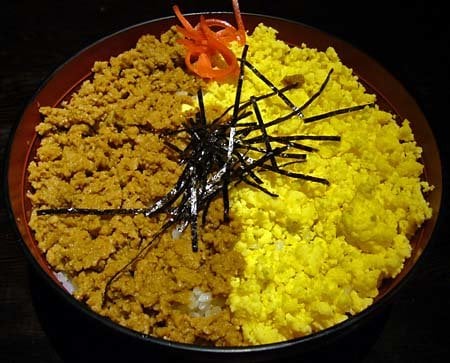The Arabic number system used in the West is based on 1,000, but the kanji-derived number system used in Japan uses 10,000 as its central numerical unit, a concept that takes a while to get used to. Basically, if you want to buy something that costs 10,000 yen, you need to think of it as ichi mahn en, or one “ten thousand.” Want to pick up a laptop that goes for 100,000 yen? It’ll be juu mahn en, or ten “ten thousands” of yen, while a car that costs a million yen is hyaku mahn en or one hundred “ten thousands.” The conversation is not only a chore to do on the fly, it’s a huge source of potential translation errors, since your brain latches onto the first number it hears like “ten” and immediately assumes a value of 10,000, when it’s really 100,000. The mahn character comes up in many other words, too, making it an interesting oddity for students of the language. For example, the character can be found in the word for fountain pen, man’nen hitsu, literally a pen you can write with for 10,000 years; a number of ancient proverbs in both Japanese and Chinese, like “cranes live for 1000 years, turtles live for 10,000 years”; and in the famous battle cry banzai! which is written with characters that mean “to live for 10,000 years.” The name for the Great Wall of China in Japanese uses the character, too: Banri no Chojo, or the Long Castle of 10,000 Leagues. Because the character for 10,000 is accurately transliterated as man, it’s common for foreigners to sometimes pronounce it like the word “man” in English, when it should be said like mahn, with a long vowel. Little problems like this are one reason I recommend that anyone interested in studying the language avoid texts that use Romanized Japanese but instead force you to read in hiragana and katakana right from the beginning, like many of the items we offer. Besides giving you a quick start at being literate, your pronunciation and accent will be much improved by not having to un-learn the brain’s natural tendency to apply the pronunciation rules of English to other languages.
















